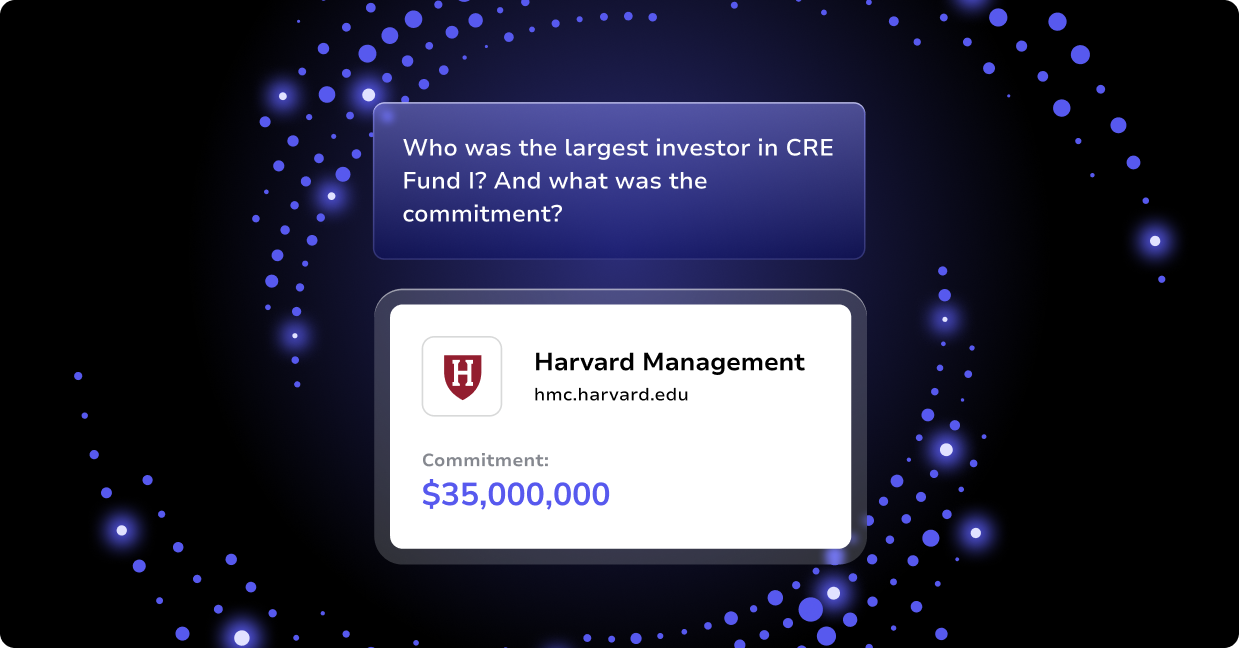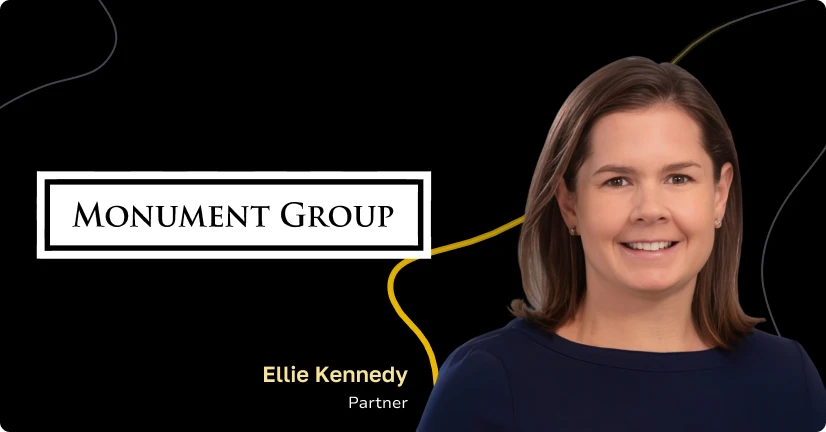Effective due diligence for deal teams is about more than simply asking the right questions. It’s also about estimating how a company will perform months and years from now.
Many private equity firms fail to accurately project the potential margin improvement at target companies, even though they gather all the data they feel they need to make an informed decision—for example, information on how cost reductions or company expansion will affect profitability.
What they’ve missed, in many cases, are key interdependencies in the data. What can help deal teams avoid these oversights? More often than not, it is making sure you have the right technology.
Successful Deal Teams and the Integrated Due Diligence Process
Done right, due diligence involves looking at three key aspects of a company, and the ways that each affects the others.
- Strategy
- Operations
- Marketing and Sales Capabilities
The first is strategy. What’s the company’s competitive position in its market and what are the market’s and the company’s inflection points? With answers to those questions, it’s important to then look at things like products, geographic distribution, and market segments for related opportunities that have not yet been explored.
The next area is operations. Determining whether there are ways to reduce net working capital, optimize assets, and manage costs more effectively is critical. PE firms also must identify areas where a company’s operating model can be simplified and its processes streamlined. A key enabler in these areas is IT. Is the company well-positioned from a technology perspective?
Marketing/sales capabilities and costs are the third crucial aspect of due diligence. How effective is the company’s marketing strategy? Are the organization’s products and services properly priced? Are there new sales channels that can be exploited?
But, again, understanding these areas in isolation tells the deal team only part of the story. What’s needed is a more holistic view of the company’s potential.
If products could be produced more efficiently and priced more competitively, how would that affect sales volumes? Would existing pricing be more palatable to a different audience segment or in different geographies? Could changes in shipping operations make it more cost-effective and more feasible to grow market share in a different U.S. region or another country? These are all questions that deal teams should be asking.
As Bain & Company sums it up: “Integrated due diligence is the only way to really understand how pulling a lever in one area of the business will affect assumptions in another.” It’s also the only way to truly understand the risks and rewards of a deal.
Deal Teams and Cross-Team Collaboration
Executing a deal is much like driving a car: field of vision is vital. Failing to eliminate (or, at a minimum, account for) blind spots can lead to anything from a minor fender bender to a catastrophic miscalculation.
Fortunately, as cross-team collaboration increases, so does the deal team’s field of vision, even as blind spots decrease in number and size. Seeing the complete picture of a target company not only helps firms and their deal teams avoid potential pitfalls, but it also enables them to get more return on the efforts of their various teams and team members.
Increasing Deal Team Efficiency With Integrated Due Diligence
Ask people for terms related to proper due diligence and you’re likely to hear “research” and “scrutiny” and “vigilance.” However, the key to being both efficient and effective in due diligence is “communication.” And the key to optimized communication is having a quick, convenient, and secure way for internal teams and limited partners to share information.
Organizations that use a product like Altvia’s ShareSecure LP Portal to improve GP-LP relationships are set up for successful due diligence. A virtual data room keeps every document for even the most complex deals safe and secure, yet easily accessible.
Contracts, intellectual property details, employee information, and more can be easily stored, shared, tracked, and audited with customizable user permissions, digital signatures, enterprise-grade security, and convenient mobile access. Learn how to capture the full value of your deal team’s due diligence efforts. Schedule a quick introductory call to find out how you can leverage technology for a successful due diligence process.





